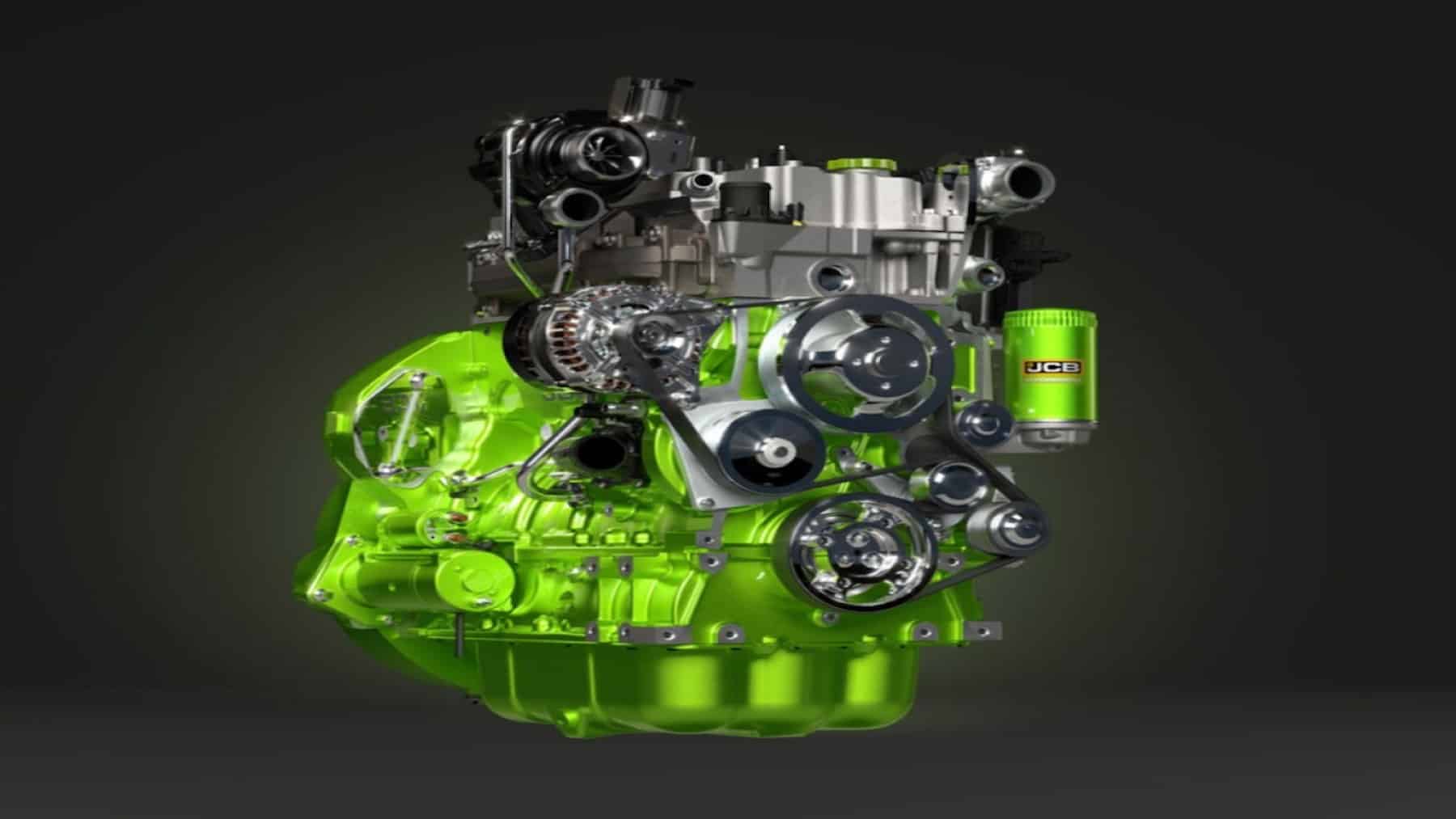JCB's Game-Changing $121 Million Investment in Hydrogen Engine Technology
Key Ideas
- JCB's $121 million investment in a hydrogen combustion engine demonstrates a bold approach to clean energy, positioning hydrogen as a serious competitor to electric vehicles.
- The engine, already powering over 130 trial engines for various heavy-duty applications, showcases the benefits of quick refueling, extended travel distance, and high performance, challenging the limitations of battery technology.
- Commercial licensing by European authorities and upcoming global rollouts signify a significant milestone in the acceptance of hydrogen as a viable zero-emission solution for industries like construction, agriculture, and haulage.
- JCB's move is poised to trigger a ripple effect in the clean energy sector, leading to increased infrastructure, filling stations, and supply chains for hydrogen, potentially prompting other industry leaders like Tesla to reconsider their strategies.
JCB, a global leader in construction equipment, has made a groundbreaking investment of $121 million to develop the world's first workable hydrogen combustion engine. This move signals a significant shift in the clean energy landscape, challenging the dominance of electric vehicles. The hydrogen engine, created after three years of development by 150 designers, is already powering trial engines for various heavy-duty applications like backhoe loaders and generator sets. It has received commercial licensing by European authorities and is set for global rollout. JCB's investment represents a strong belief in hydrogen as a zero-emission solution without the drawbacks of battery technology.
The new technology is seen as a direct challenge to Tesla, which focuses on electric cars and does not offer a hydrogen-powered vehicle. JCB's hydrogen engine boasts advantages such as quick refueling, extended travel distance, and high performance, making it ideal for industries where battery limitations are prominent. The company's innovative approach is expected to revolutionize markets like construction, agriculture, and haulage, offering superior power and emissions reduction.
The introduction of JCB's hydrogen engine has broader implications, drawing attention to hydrogen as a scalable, long-term fuel option in the face of tightening emissions regulations. This development is anticipated to spur the growth of hydrogen infrastructure, filling stations, and supply chains globally. As competition in the clean energy sector intensifies, consumers and companies are presented with more choices for a sustainable future. JCB's strategic move may prompt industry leaders to reassess their strategies and embrace hydrogen as a viable alternative.
Overall, JCB's investment in hydrogen technology not only signifies a major breakthrough in clean energy but also paves the way for a transformative shift towards sustainable transportation. The industry anticipates more investments, research, and advancements in the hydrogen field, indicating a promising future for a global clean energy transition.
